Latest Articles
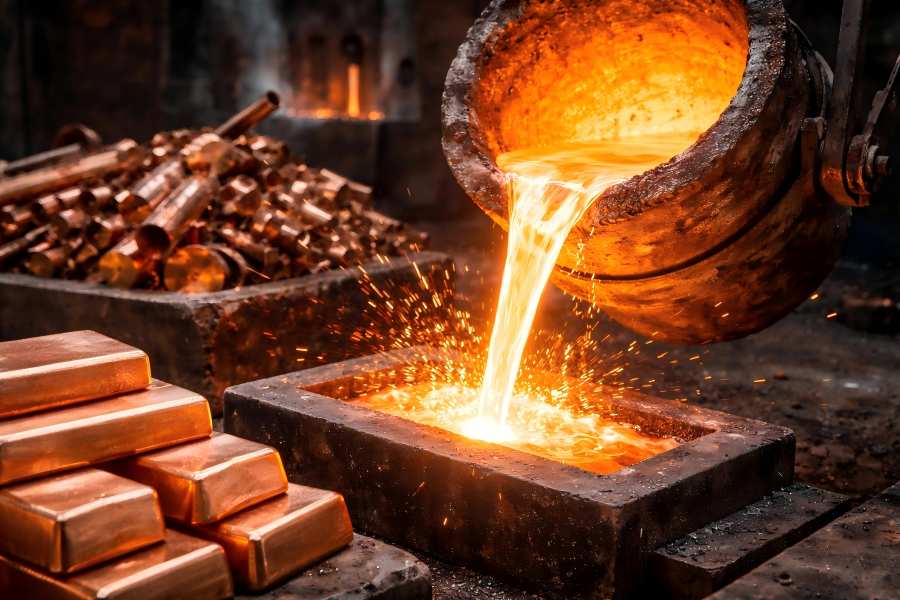
Copper is one of humanity’s oldest and most widely used metals, prized for its conductivity, ductility, and corrosion resistance.One essential physical characteristic that affects the metal’s processing, alloying, and use in industrial and manufacturing processes is its melting point.
Read More
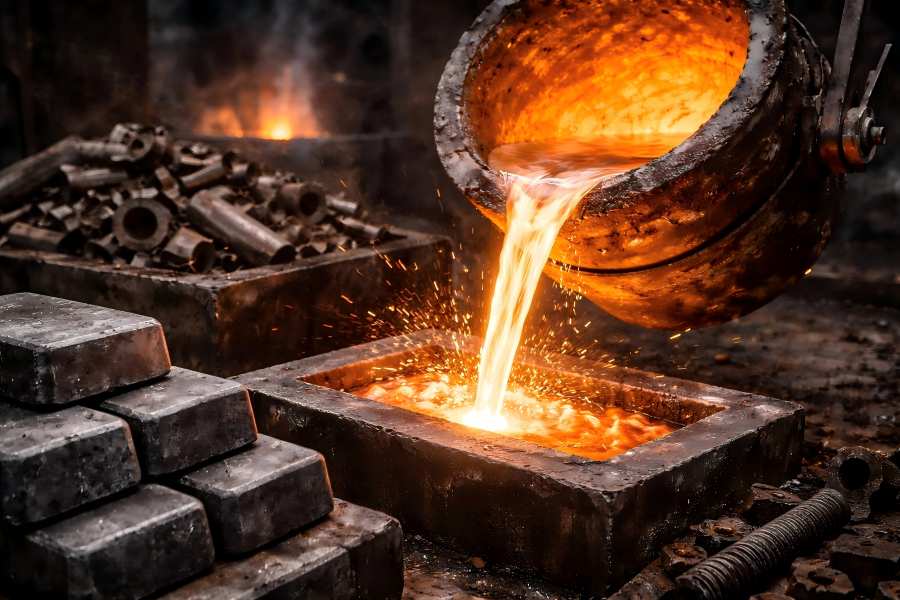
One of the most essential metals in human history and contemporary industry is iron. Its melting point, the exact temperature at which iron transitions from solid to liquid, plays a critical role in manufacturing, engineering, foundry processes, materials research, and construction technologies.
Read More
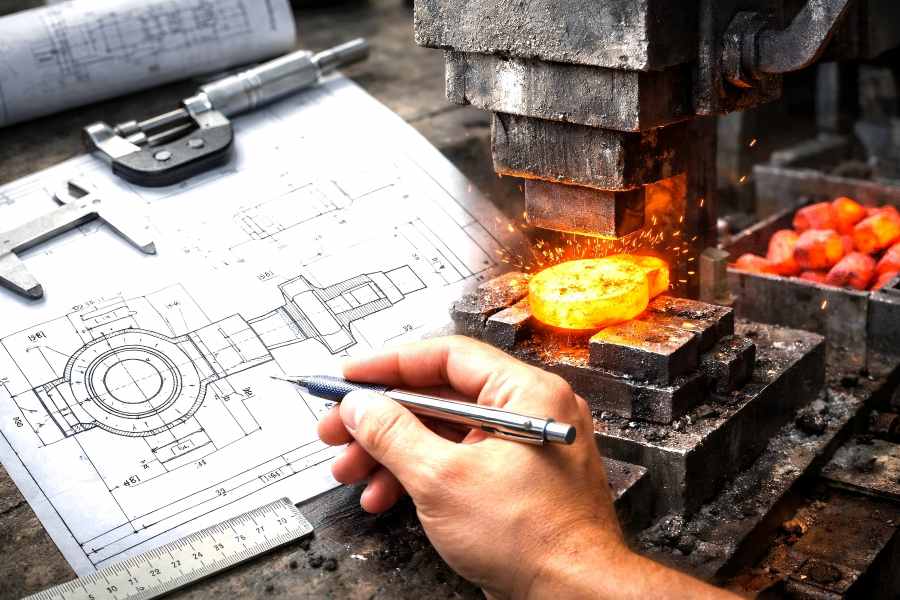
In industrial manufacturing, clear and accurate technical drawings are essential for efficient and cost-effective production, especially in hot forging. They provide manufacturers with all necessary details to transform a design into a reliable, functional part.
Read More
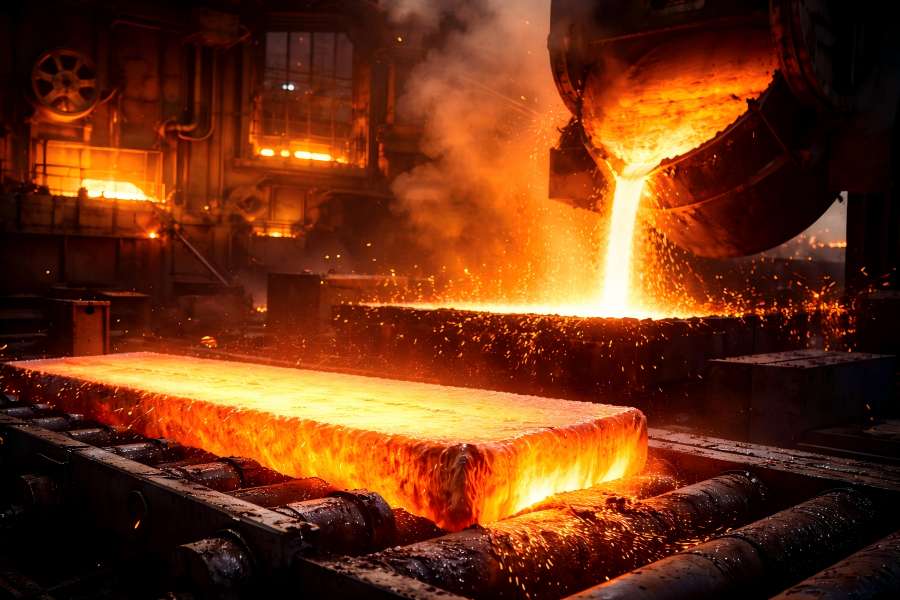
Steel is one of the most widely used materials on the planet, forming the backbone of infrastructure, transportation, manufacturing, and countless engineered systems.
Read More
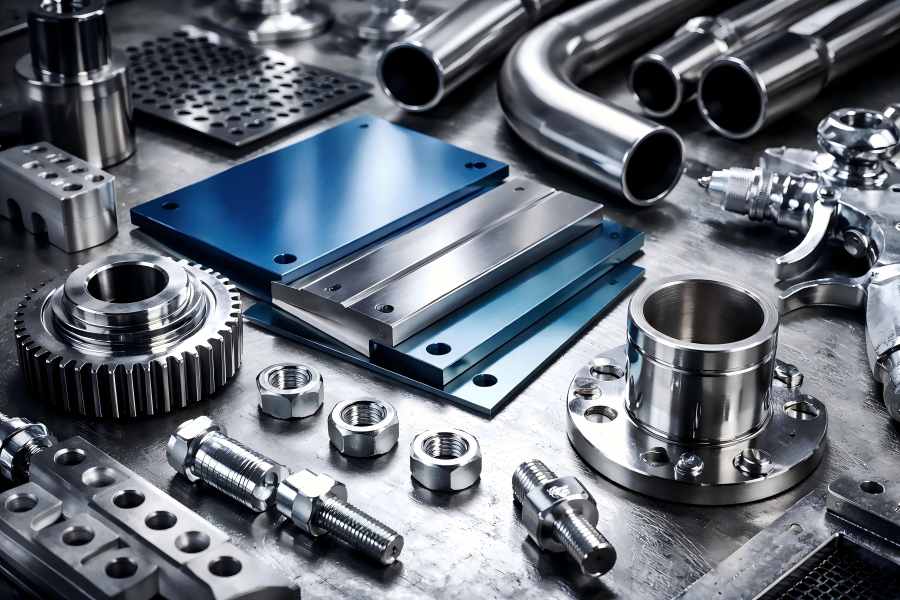
Metal surface finishing is a crucial step in manufacturing that enhances both the performance and appearance of metal parts. In consumer products, automotive, aerospace, or construction, the proper finish might be the difference between a product that operates dependably and one that fails too soon.
Read More
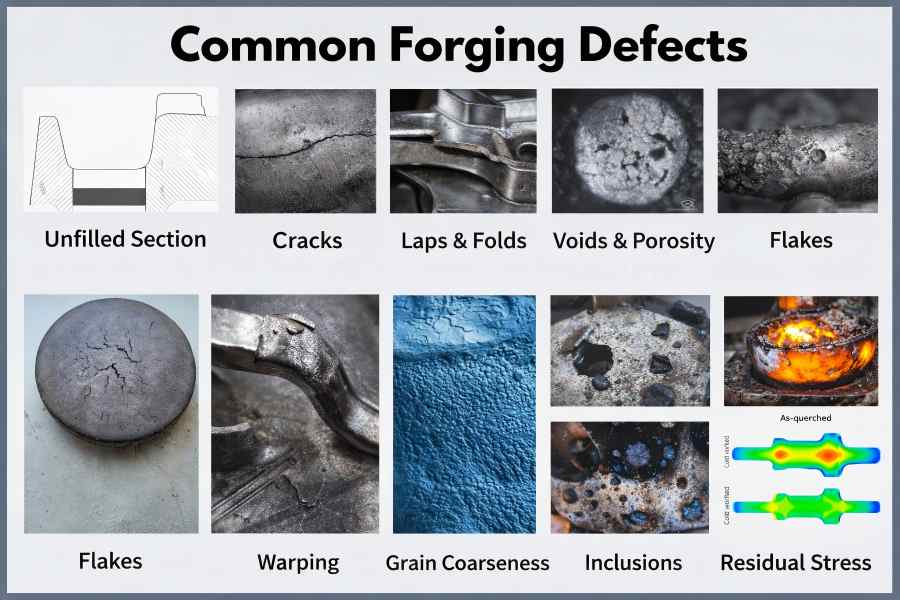
Despite forging technological advances, defects still occur, impacting performance, cost, and delivery, making root-cause understanding essential for quality control and process optimization.
Read More
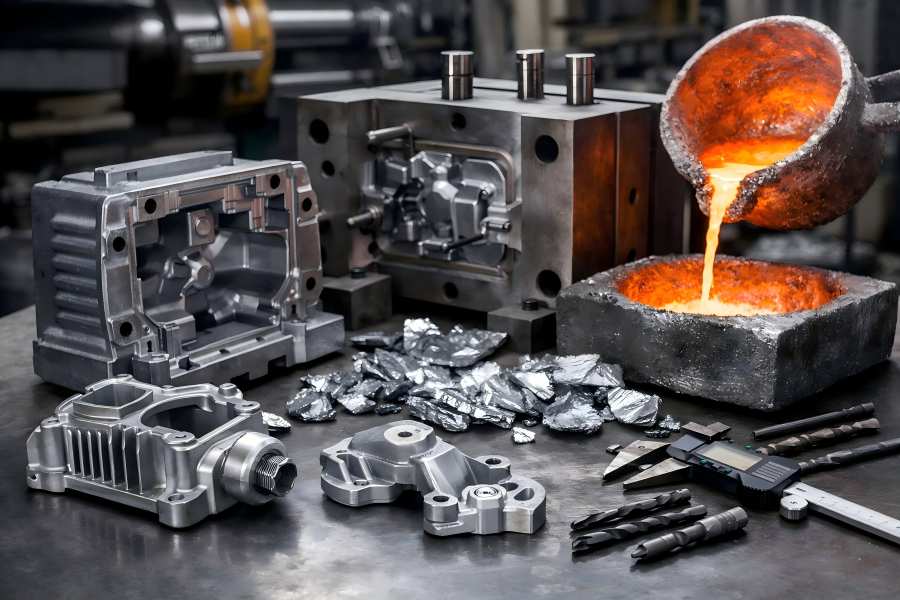
Estimating die casting costs is crucial for engineers and purchasing teams to ensure predictable budgets and competitive pricing.
Read More
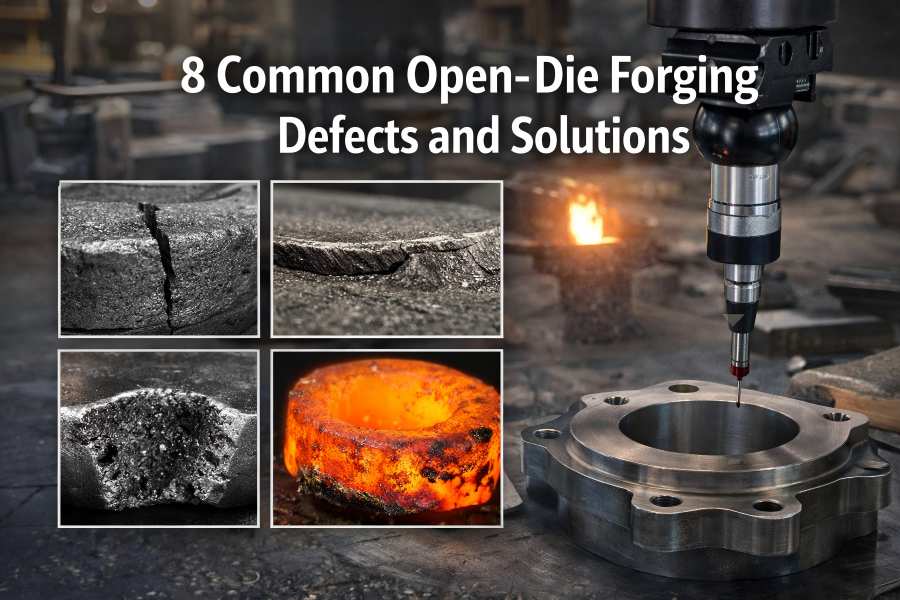
Open-die forging produces high-strength components for aerospace, automotive, energy, and heavy machinery, but poor control can cause defects affecting integrity, properties, and performance.
Read More
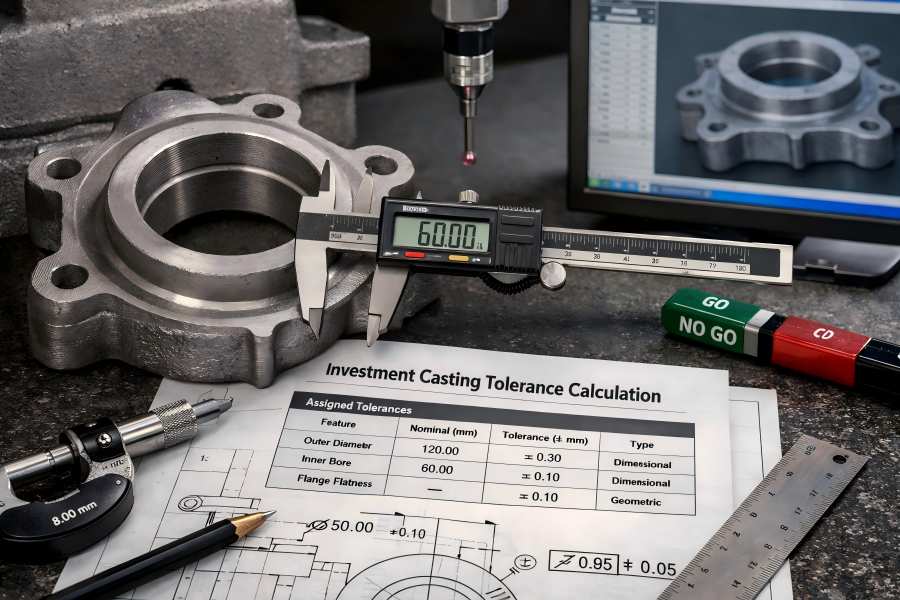
Investment casting tolerance calculation establishes how much a manufactured metal part can deviate from its design dimensions while remaining acceptable for function, assembly, and performance.
Read More
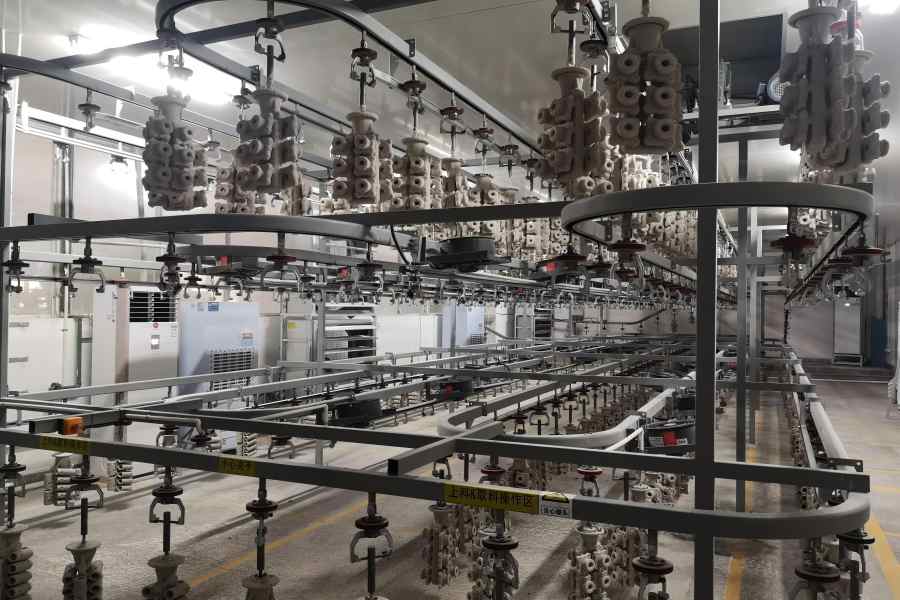
Investment casting is a precision metal process that creates complex components with tight tolerances and excellent surface finishes. It’s used in aerospace, automotive, medical, industrial, and energy sectors.
Read More
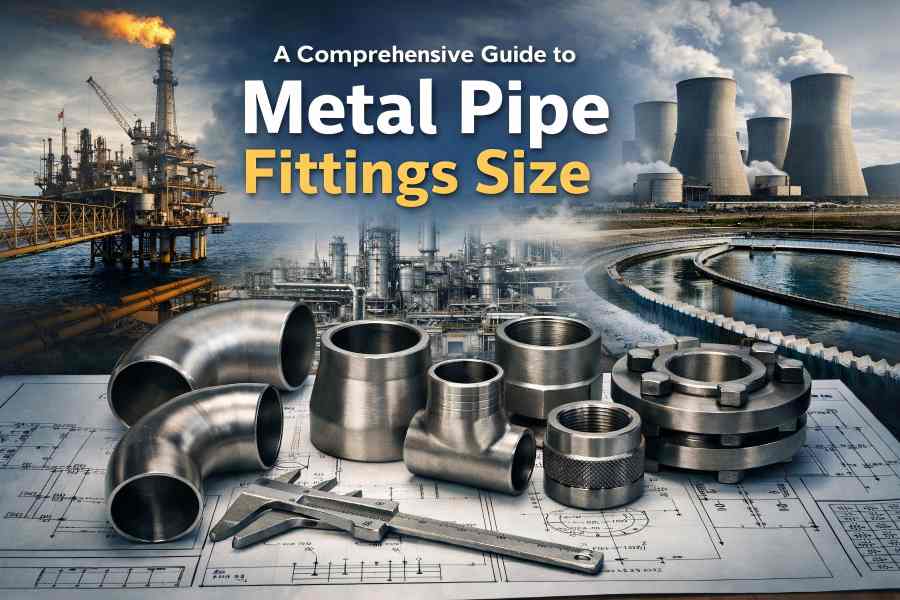
For piping systems to be safe, effective, and long-lasting in sectors like oil and gas, chemical processing, power generation, and water treatment, metal pipe fittings must be the proper size. Although seemingly simple, fitting sizes are often misunderstood due to nominal dimensions, differing standards, and schedule variations.
Read More

In the oil and gas industry, metal flanges play a critical role in connecting pipes, valves, and other equipment that transport oil, gas, and other fluids under high pressure. The reliability of these flanges is paramount, as they ensure that systems are both secure and leak-proof, even under extreme conditions.
Read More